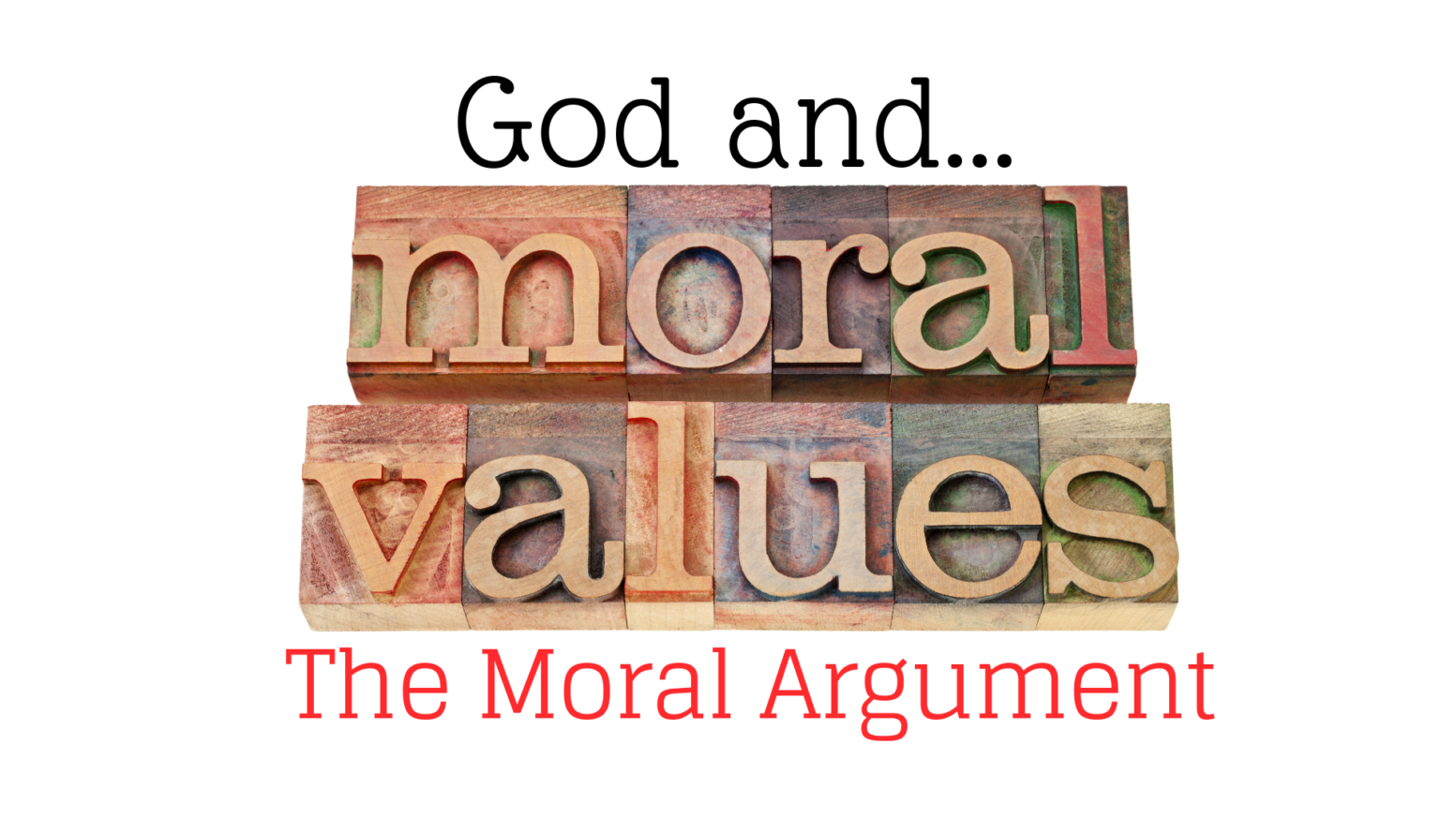Having these definitions in mind, premise two may be summarized as saying: regardless of what anybody thinks about it, some things really are right and/or wrong. This particular view of morality is called Moral Realism. Pojman and Fieser give this definition: “Moral facts exist and are part of the fabric of the universe; they exist independently of our thoughts about them.”[1] But is this right? Do objective moral truths exist as a part of reality? Answering this question is as simple as filling in the following blanks:
- It is always wrong/bad/immoral for anyone to _________________.
- It is always right/good/moral for anyone to _________________.
If there are answers to put in these blanks, then objective moral truths exist. The MA argues that there are such answers. For example, it is always wrong for anyone to torture a baby for fun. This fact is obvious and indisputable. Similarly, it is always right to feed the hungry. Again, this fact is obvious and indisputable. Consequently, it is argued that premise two is obvious and indisputable. The shared moral experience of life demonstrates it.
Several objections are raised against premise two. Among them are 1. Moral Nihilism which says there is no good or bad really. Torturing a child and feeding the hungry are morally neutral acts, neither good nor bad[2]; 2. Moral Skepticism which holds that we just cannot know whether these actions are right or wrong;[3] 3. Moral Relativism which claims that actions like these are determined to be right or wrong by the opinions or feelings of individuals or groups.[4] According to this view, moral facts are subjective, not objective.
As William Lane Craig notes, however, these positions do not match with our shared moral experience. He writes:[5]
My claim is that we are justified in believing (2) on the ground of our moral experience unless and until we have a defeater of that experience, just as we are justified in believing that there is a world of physical objects around us on the ground of our sense experience unless and until we have a defeater of that experience. Such a defeater would have to show not merely that our moral experience is fallible or defeasible but that it is utterly unreliable, that we may apprehend no objective moral values or duties whatsoever. Our moral experience is so powerful, however, that such a defeater would have to be incredibly powerful in order to overcome our experience, just as our sense experience is so powerful that a defeater of my belief in the world of physical objects I perceive would have to be incredibly powerful in order for me to believe that I have no good reason to think that I am not a brain in a vat of chemicals or a body lying in the Matrix.
Consequently, many, if not most, atheists will agree with premise two. (They may take one of several positions such as Atheistic Moral Realism, Moral Naturalism, or Atheistic Moral Platonism.) Atheist Louise Antony holds, “…any argument for moral scepticism will be based on premises which are less obvious than the existence of objective moral values and duties themselves, that is than (2) itself.”[6] To deny premise two then is to reject shared moral experience and to hold a position that is less obvious than premise two. For these reasons, premise two should be accepted as true. What then of premise one? Is God really the only explanation for the existence of objective moral truths? We will begin to address this question in part three.
[1] Pojman, Louis P., and James Fieser. Ethics: Discovering Right and Wrong. Cengage Learning, 2017.
[2] Pratt, Alan. “Nihilism.” Internet Encyclopedia of Philosophy, 1 Apr. 2018, www.iep.utm.edu/nihilism/.
[3] Sinnott-Armstrong, Walter, "Moral Skepticism", The Stanford Encyclopedia of Philosophy (Fall 2015 Edition), Edward N. Zalta (ed.), URL = <https://plato.stanford.edu/arc...;.
[4] Gowans, Chris, "Moral Relativism," The Stanford Encyclopedia of Philosophy (Winter 2016 Edition), Edward N. Zalta (ed.), URL = <https://plato.stanford.edu/arc...;.
[5] Craig, William Lane. “Are We Justified in Believing in Objective Moral Values and Duties?” Reasonable Faith, 1 Apr. 2018, www.reasonablefaith.org/writings/question-answer/are-we-justified-in-believing-in-objective-moral-values-and-duties/.
[6] Ibid.
